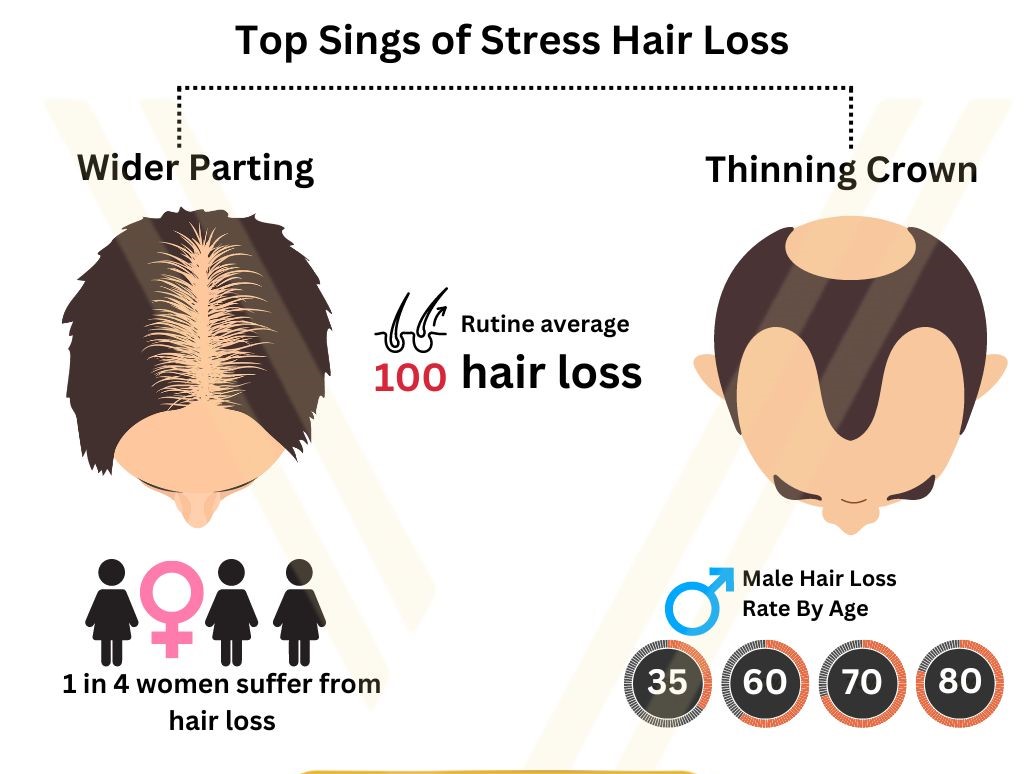Eating disorders are serious mental health conditions that impact a person’s eating habits and relationship with food. These disorders, including anorexia nervosa, bulimia nervosa, and emotional eating, affect individuals physically, mentally, and emotionally. In this post, we’ll discuss the symptoms, causes, and how Ayurvedic treatment for eating disorders offers a holistic approach to healing, providing solutions for overall well-being.
What Are Eating Disorders?
Eating disorders are characterized by irregular eating habits, an obsession with food, body weight, and shape, and extreme behaviors related to food consumption. These conditions can lead to serious health complications and affect mental health, causing emotional distress.
Some of the most common eating disorders include:
- Anorexia Nervosa: Involves extreme restriction of food intake, an intense fear of gaining weight, and a distorted body image.
- Bulimia Nervosa: Characterized by cycles of excessive food intake followed by purging behaviors (such as vomiting or using laxatives).
- Emotional Eating: Engaging in excessive food consumption due to stress, sadness, or boredom, often leading to guilt.
Causes of Eating Disorders
Eating disorders can arise from a combination of factors, including:
- Genetic Factors: A family history of eating disorders or mental health issues can increase the likelihood of developing an eating disorder.
- Psychological Factors: Anxiety, depression, and low self-esteem are common triggers for disordered eating behaviors.
- Environmental Factors: Societal pressures related to body image, cultural influences, and external stressors can exacerbate eating disorders.
- Biological Imbalances: Chemical imbalances in the brain can affect the regulation of hunger, food intake, and emotional health.
Symptoms of Eating Disorders
Recognizing the symptoms of eating disorders is critical for early intervention. Some common signs include:
- Extreme preoccupation with weight, dieting, and body shape.
- Significant weight loss or gain.
- An overwhelming fear of gaining weight, even when underweight.
- Repeated patterns of indulgence followed by purging or other controlling behaviors.
- Excessive exercise to control weight.
- Social withdrawal or emotional distress related to food and eating.
Ayurveda’s Role in Addressing Eating Disorders
Ayurveda, the ancient Indian system of medicine, offers a holistic approach to healing eating disorders by addressing both the body and mind. Ayurveda’s primary goal is to balance the three doshas—Vata, Pitta, and Kapha—to promote physical and mental harmony. Below are some ways Ayurveda helps in healing eating disorders:
1. Ayurvedic Herbs for Emotional Balance
Herbs such as Ashwagandha, Brahmi, and Shatavari are used to calm the nervous system, reduce anxiety, and promote emotional stability. These herbs can help address the emotional triggers of eating disorders, including stress, anxiety, and low self-esteem.
2. Diet and Nutrition
Ayurvedic principles emphasize the importance of a balanced diet suited to one’s dosha type. A proper diet can help in managing weight, restoring digestion, and nourishing the body. Nutrient-rich foods like whole grains, fresh vegetables, and healthy fats support the body’s healing process.
3. Detoxification and Cleansing
Ayurvedic detox treatments, such as Panchakarma, help cleanse the body of toxins, improve digestion, and restore metabolic balance. These therapies promote better food absorption and prevent digestive issues that may arise from eating disorders.
4. Mind-Body Practices
Ayurveda incorporates practices such as yoga and meditation to reduce stress, improve mental clarity, and build a positive relationship with food and the body. Regular yoga practice helps to improve flexibility, strength, and mental well-being, which can be helpful in overcoming eating disorders. “For more insights on how stress affects digestion and vice versa, check out our post on the connection between stress and digestion in Ayurveda.”
How to Choose the Right Ayurvedic Treatment for Eating Disorders
Choosing the right Ayurvedic treatments can make a significant difference in healing eating disorders. Here are some tips:
- Consult an Ayurvedic Practitioner: A qualified Ayurvedic practitioner can assess your dosha and recommend personalized treatments that align with your body’s needs.
- Focus on Consistency: Regular use of Ayurvedic herbs, practices, and dietary adjustments will help maintain balance and support the healing process.
- Holistic Healing: Combine Ayurvedic remedies with psychological counseling and support from loved ones to ensure comprehensive healing.
Conclusion
Eating disorders are complex mental health conditions that can have severe physical and emotional consequences. Ayurveda offers a holistic and personalized approach to healing, focusing on restoring balance to both the body and mind. By addressing the root causes of eating disorders and promoting emotional and physical well-being, Ayurveda helps individuals regain control over their health and build a positive relationship with food.
“For more insights into Ayurvedic practices for mental and physical well-being, explore this guide by the Ministry of AYUSH.”


